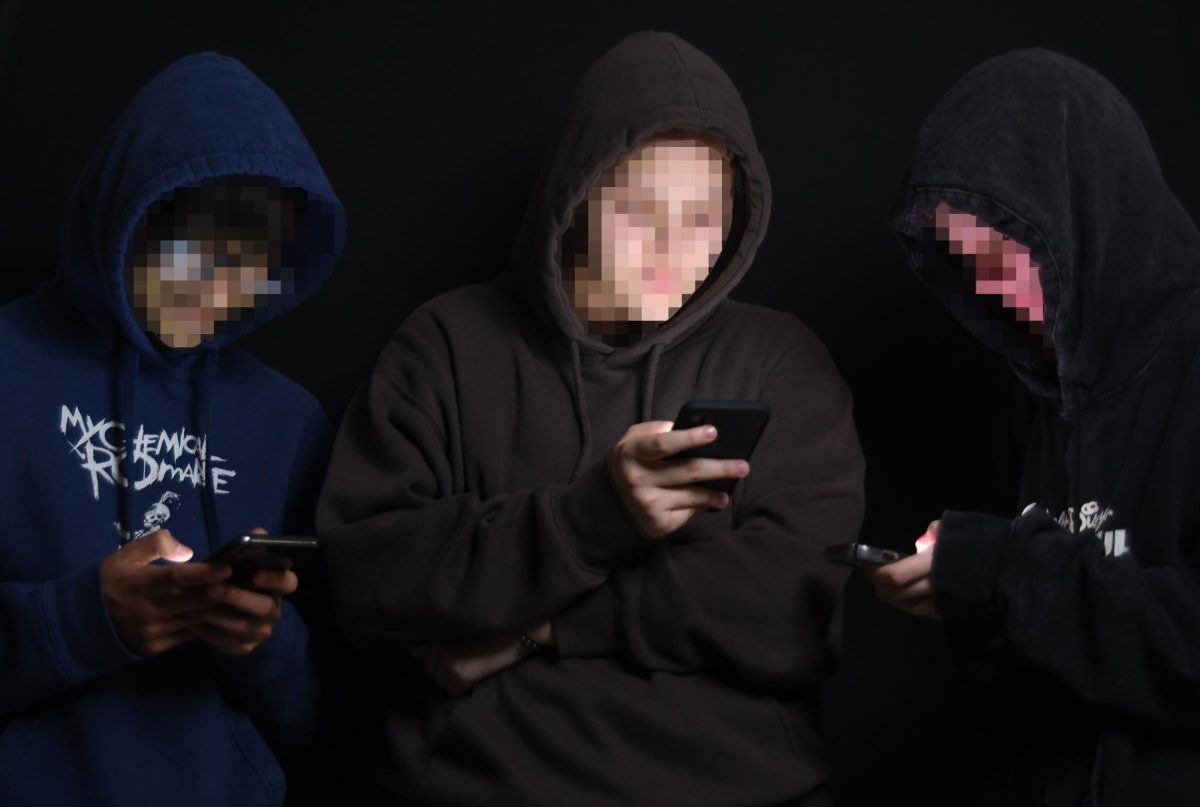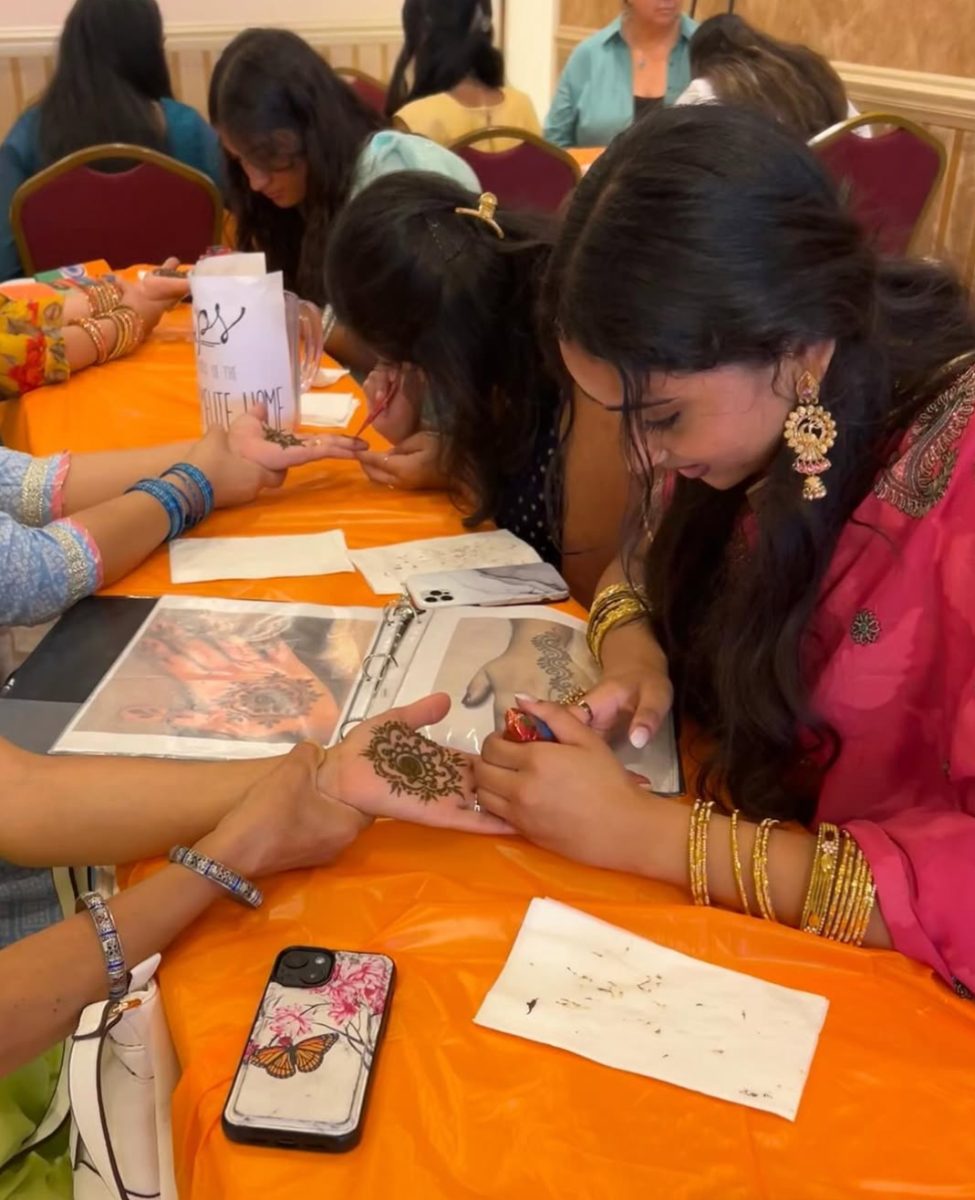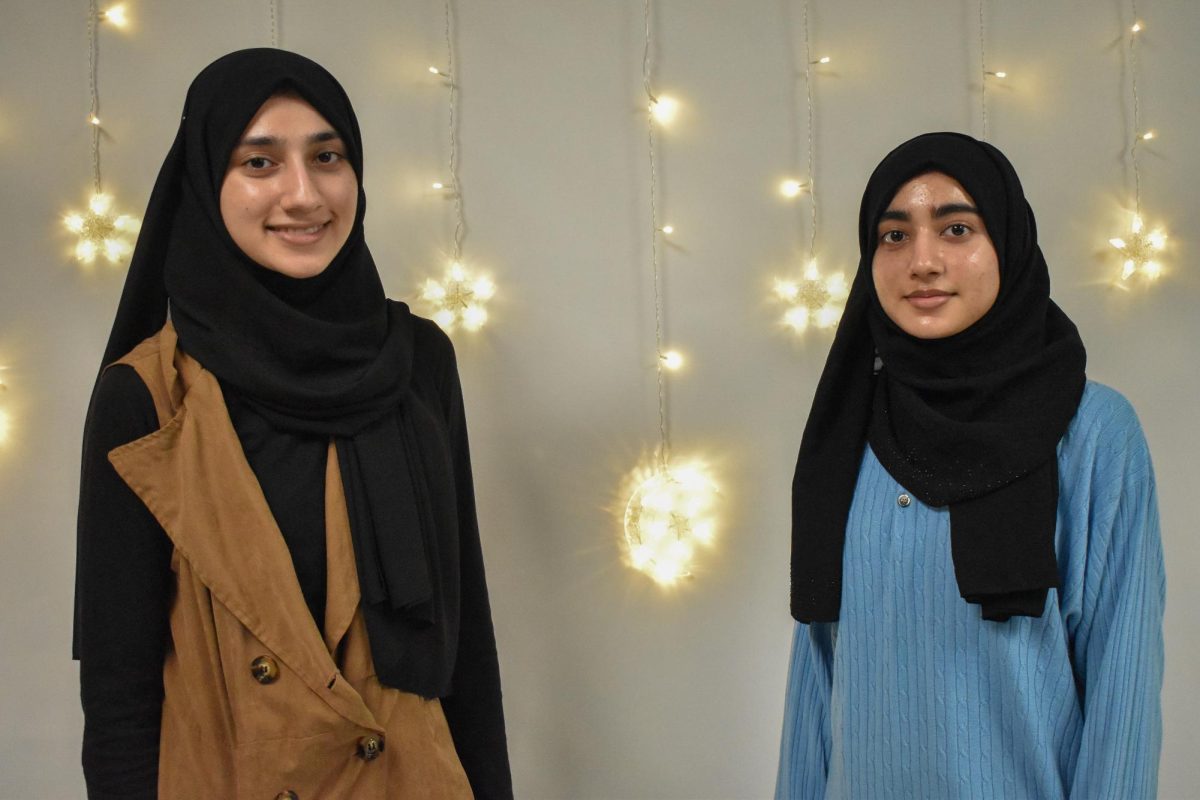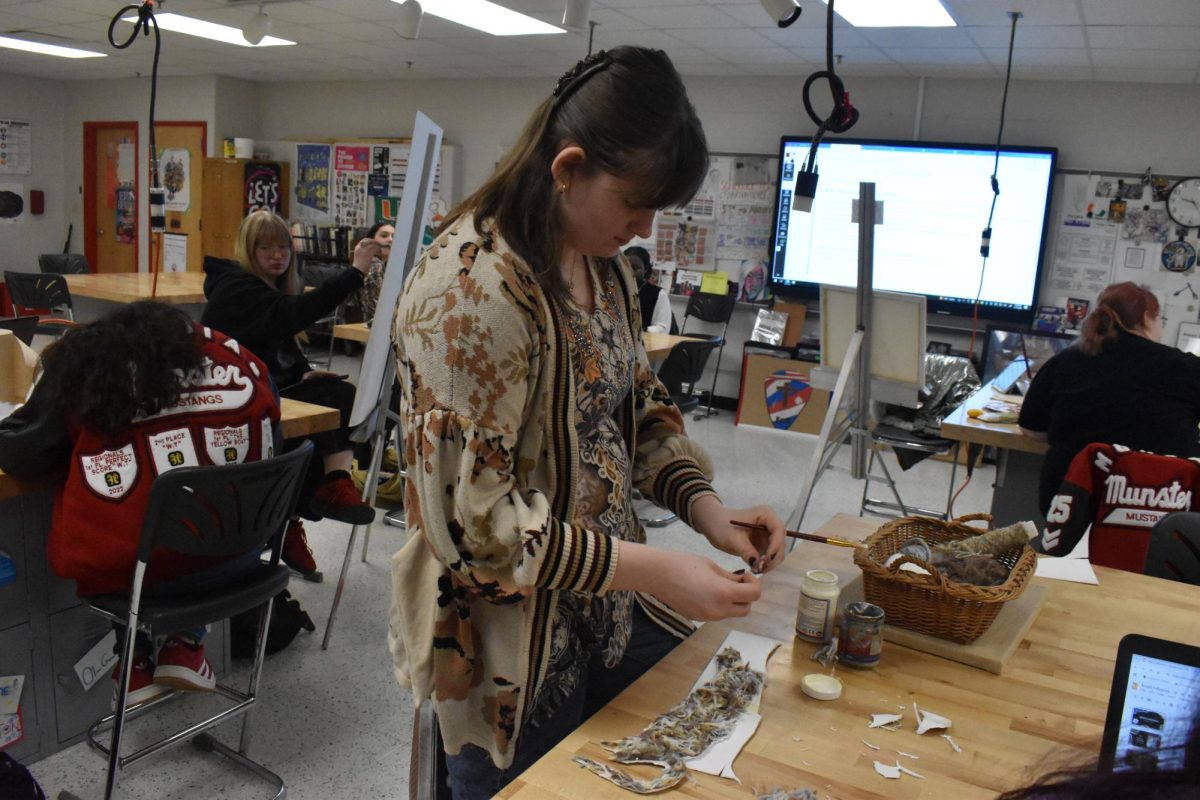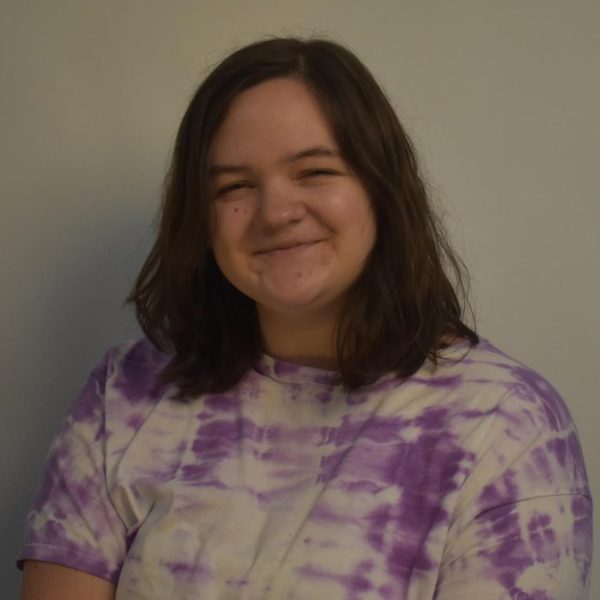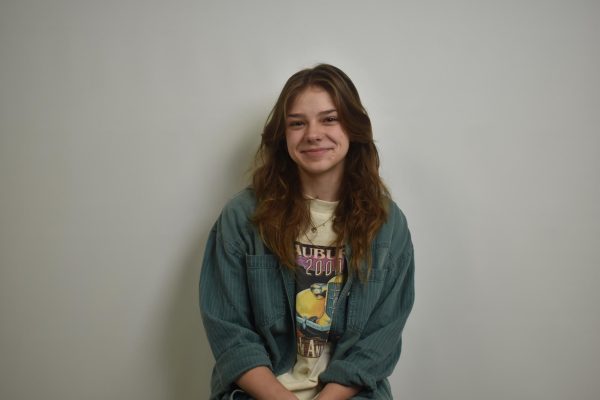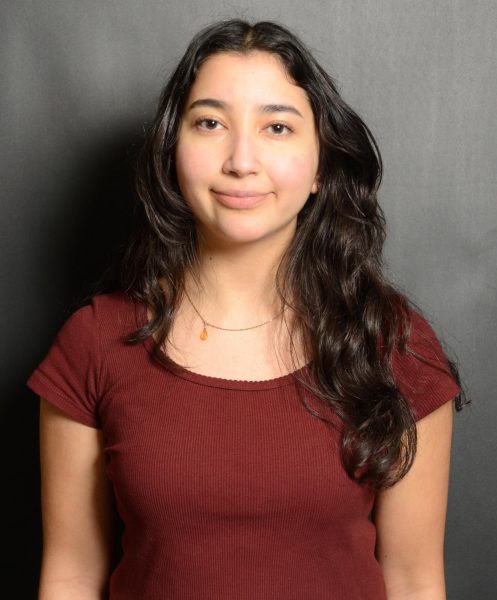
It could take one press of a submission button or a text message to entirely change the trajectory of another student’s life—and you might never know who’s behind the other side of the screen. Living in a post-pandemic world has left an everlasting impression of insecurities within the classroom, leaving a lot of kids resorting to a safer, less attached outlet for expression: anonymity on social media.
Anonymity is not uncommon to the face of our school. According to Crier’s survey sent earlier this month, According to Crier’s survey sent earlier this month, 72.1% of students said they have social media accounts that are not associated with their identity within school. Shua Serrano, senior, falls under this broad margin of students.
Shua has been making content through YouTube since his freshman year. He’s gained a following of nearly 7k subscribers through his content, based around review and argumentative videos on trending media.
“It’s almost as if I play a whole new character in my videos,” Shua said. “I just think I’m a lot more open with what I like to talk about on YouTube than with school. It’s just a change of environment over what’s socially acceptable and what isn’t.”
72% of students said they’ve never submitted information related to school through social media accounts. Freshman Cash Sturges falls under this wide percentile of the student body. From the commonplace perspective of a bystander, he relays his own thoughts on this growing trend of invisibility on the Internet.
“Anonymity is both a blessing and a curse,” Cash said. “On one hand, it allows for the most reserved of people to bully others, but also allows for people to openly critique the school without being then targeted.”
Behind the scenes, a social media platform that captivates students’ attention on the daily: @mhs.confess.ional. The anonymous Instagram account, started in Sept. 2022, receives dozens of anonymous “confessions,” or rather Google survey submissions, every day. Crier interviewed the owner of the account via message, who requested to stay anonymous. They believe that it helps students feel more open in their submissions if they don’t know the person behind the other side of the screen.
“As much as people want to say they don’t care what people think, I believe that social pressure affects everyone and how they act, whether they notice it or not,” @mhs.confess.ional. said. “I think that’s also why people have private socials for close friends; they can be more authentic.”
The account was designed to be an outlet for students to authentically express themselves without the harsh criticism received from peers who don’t truly know them. @mhsconfessionals emphasizes how it’s easier to show the world who you are without actually showing them who you are.
“I liked the idea of people being able to see what’s on their peers’ minds without face-to-face judgment,” they said. “Knowing that you aren’t going to get ridiculed or judged for what you say makes it easier to tell the whole truth.”
Of course, with the aspect of anonymity, comes the few people who abuse it. @mhs.confess.ional clarified that their judgment is not mysteriously better than everyone else’s by taking down posts at the request of who they address. Anonymously voicing struggles can be destructive, but it can also be beneficial.
“At first, reading confessions about things like depression really got to me because I understand a lot of what they’re going through. I felt like I couldn’t help them due to the anonymity,” @mhs.confess.ional. said. “But being able to see how many of my peers are going through some of the same stuff as me makes me feel less alone in those feelings.”
Whether it means being considerate of others feelings or your own reactions, the words that might make it onto the Internet can linger online for eternity.
“Those posts can be sent in from any one of the people I see in the halls everyday, and I think that just being more aware of that helped make me a more considerate person overall.”



